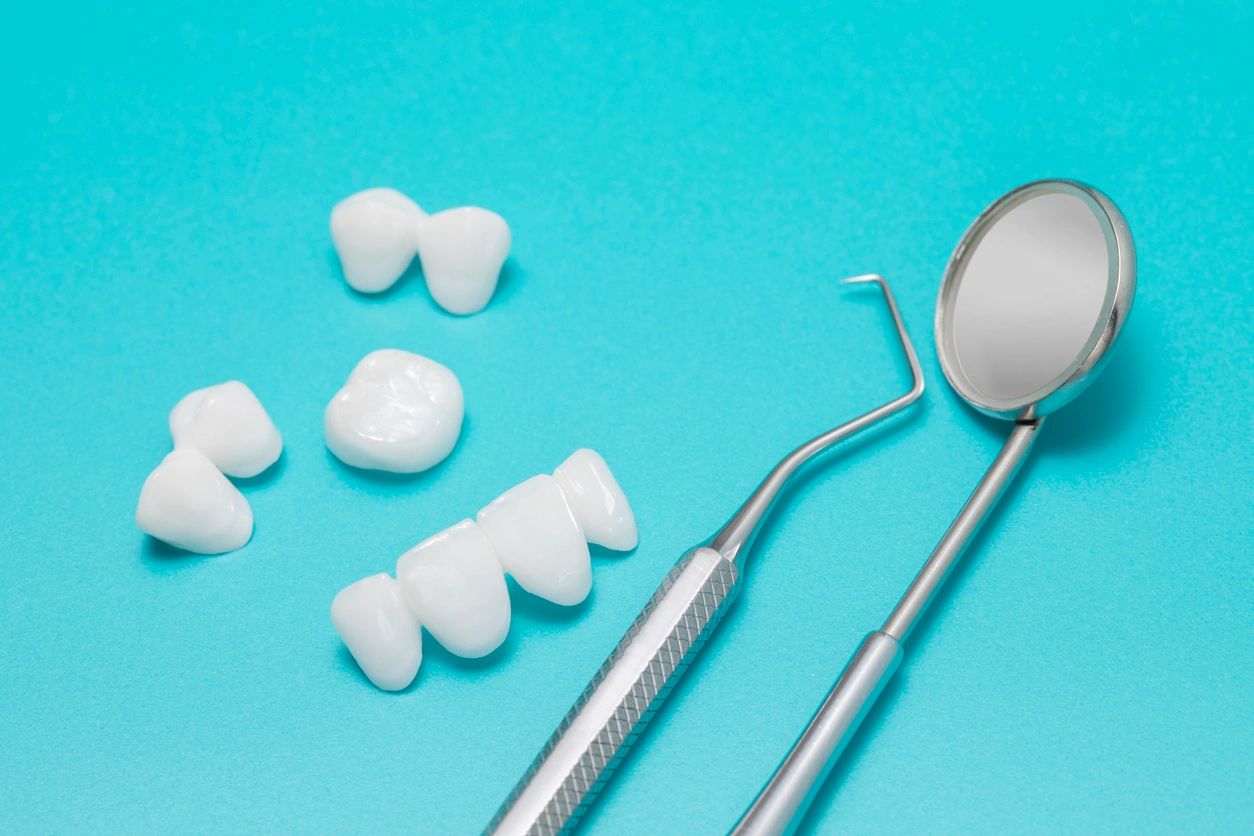The Canadian Dental Care Plan (CDCP), introduced last year to reduce dental costs for Canadians with an annual income of less than $90,000, is expanding to include additional essential services. So far, the CDCP has provided over 1 million Canadians with affordable dental care, and 2.7 million people have been approved for coverage. According to Health Canada, the plan saves Canadians an average of $730 through services ranging from basic cleanings to critical screenings for diseases like oral cancer.
On Thursday, Health Canada announced that, starting November 1, the list of covered services will grow to include treatments requiring preauthorization. These will now include initial partial dentures and crowns, as well as more specialized care for patients with complex conditions. “Each request will be evaluated case-by-case to determine if the recommended treatment aligns with CDCP’s clinical coverage criteria,” officials confirmed.
Since May 2024, healthcare providers have been able to submit claims electronically, and starting this month, the CDCP will also accept paper submissions for covered services. More than 22,340 oral health providers—representing 89% of active dental professionals nationwide—currently participate in the plan.
“In just six months, over 1 million Canadians have accessed care through the CDCP, representing 1 million stories of improved health and well-being,” said Minister of Health Mark Holland. Public Services Minister Jean-Yves Duclos praised the CDCP as a “transformative program,” adding, “In Quebec and across Canada, no one should have to choose between dental care and other basic needs. This milestone allows us to look forward to even more Canadians getting the smile they deserve.”
Eligibility Requirements The CDCP aims to help up to 9 million uninsured Canadians access vital dental care. To qualify, applicants must be Canadian residents without access to dental insurance through an employer, pension, or family benefits, and household income must be less than $90,000 annually. Families with incomes under $70,000 can receive services with no co-pays.
Canadian residents who receive dental coverage through a provincial, territorial, or federal social program may still qualify for the CDCP if they meet all other eligibility requirements.
Currently, applications are open to eligible children under 18, adults with a valid Disability Tax Credit certificate, and adults aged 65 and older. If you don’t fall into one of these groups, eligibility will soon expand.
In 2025, the next phase of the CDCP rollout will include all remaining eligible Canadian residents.



